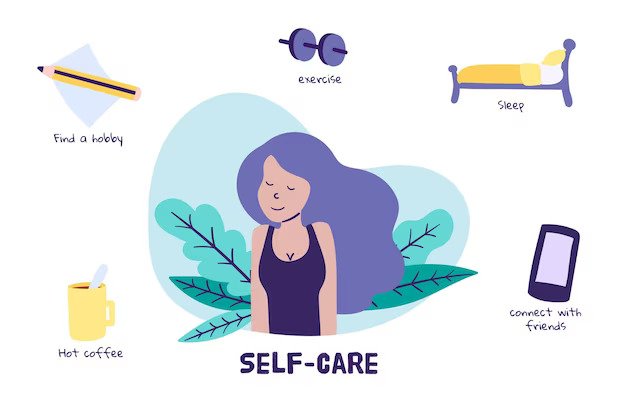Maintaining Sobriety- How To Stick With The Commitment For The Long Haul
Being sober after de-addiction is challenging, no matter how much you want to stay clean.
You are not just giving up a substance when you bravely decide to free yourself from addiction. The step is a commitment to reclaiming your life. Statistics show that 75% of people with addiction survive and get through.
But everything boils down to how well you deal with your temptation. The road to sustained sobriety is full of obstacles, triggers, and moments of uncertainty. You may struggle to maintain your commitment to sobriety over the long term. Here are a few actionable tips to help you stay on the right path toward sobriety for the long haul.
How To Get Rid Of Addiction and Reclaim Your Life
In this section, we discuss some of the ways through which you can get rid of the addiction and then reclaim your life.
1. Set Realistic Goals And Timelines

Setting attainable objectives and deadlines from the outset is crucial because maintaining sobriety is a lifetime commitment. You should recognize that the road to recovery is not a one-size-fits-all experience. Everyone experiences different struggles and challenges along the way.
Your objectives should be realistic and catered to your unique situation. This way, you will be more likely to adhere to them in the long run.
2. Steer Clear Of Temptations
Minimizing exposure to temptations and triggers is the best way to stay sober. Avoid situations, places, or people that might tempt you to fall for drugs or alcohol again.
It could entail altering your social circle, picking up new interests, or setting up a secure and encouraging environment at home. Remember that avoiding triggers is a worthwhile effort, no matter how daunting. Gather the strength and courage to do it!
3. Prioritize Self-Testing
Self-analysis is a key aspect of preserving sobriety because it fosters a sense of accountability. Be honest with yourself about any cravings or triggers you may be experiencing. You should also regularly assess your emotional and mental state. Maintain a journal to keep track of your feelings and thoughts.
Self-testing enables you to manage your sobriety proactively and seek assistance when necessary. For example, hair drug testing is a good idea because it gives a complete picture of drug use in the last 90 days. Find a reliable clinic nearby to help you with accurate and confident diagnostics.
4. Seek Therapy And Counseling

Maintaining sobriety can be made much easier with professional assistance. Specialists in addiction recovery include therapists and counselors who can offer helpful resources and coping mechanisms.
Group therapy offers a supportive network of people going through similar struggles. Conversely, individual therapy helps you get to the root causes of your addiction. You should not be hesitant about seeking professional assistance.
5. Work With A Support Group
Consult joinint reputed support group like Alcoholics Anonymous (AA) or Narcotics Anonymous (NA). These groups provides a secure setting for exchanging experiences, getting advice, and establishing a solid support system.
It can be motivating and reassuring to hear success stories from people who have remained sober for a long time. You may find inspiration here or inspire someone with your journey. It’s a win-win both ways!
6. Help Others Deal With Addiction
Helping those battling addiction can also enable you to maintain your sobriety. Your journey becomes more meaningful by stepping into the role of a mentor or volunteering at centers for addiction recovery.
Helping those in need and gaining a sense of fulfillment in the process can help you make a difference for others. It’s a small battle won for yourself as well.
7. Revisit Your Goals From Time To Time
As your sobriety journey progresses, you should review and modify your goals. A periodic review makes sense. What seemed like a realistic goal at the beginning of recovery may need to be changed as you become more secure and confident.
Your needs and objectives will probably change over time. You can keep your goals motivating and relevant by reworking them.
8. Practice Self-Care And Healthy Habits

Maintaining sobriety is highly dependent on caring for your physical and mental health. You can create a schedule that puts self-care first. Steps like emphasizing regular exercise, a healthy diet, and enough sleep help.
These behaviors support emotional stability in addition to physical health. You can also try yoga or meditation to control and manage your stress and cravings.
Conclusion
Maintaining sobriety is easier said than done. You must be self-aware, seek support, and follow professional guidance to save yourself from a repeat bout of addiction. You can stay on the path to long-term sobriety with these practical techniques. Never forget that despite the possibility of setbacks, your journey need not be defined by them.
Read Also:
- How Intimacy Improves Mental Health
- Biggest Challenges for Seniors in the Society
- What Is Anxiety? Types, Causes, Symptoms – Can Anxiety Disorders Be Cured?



